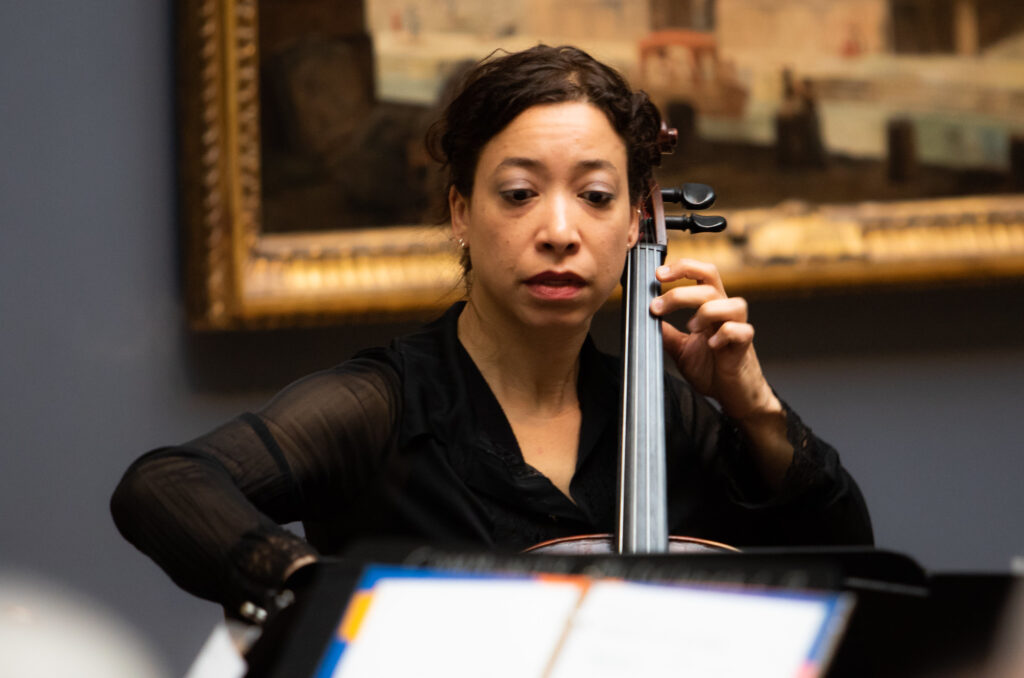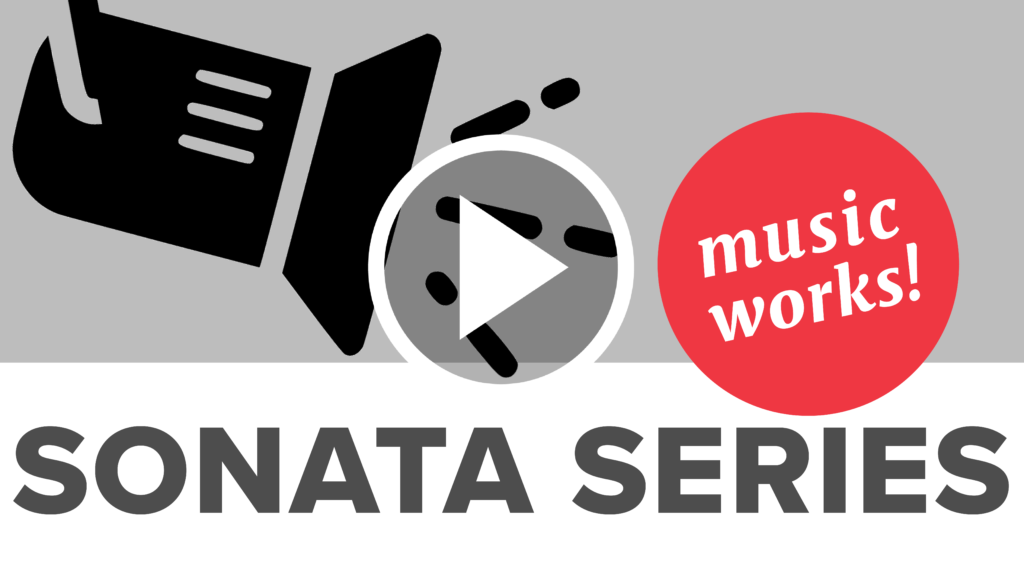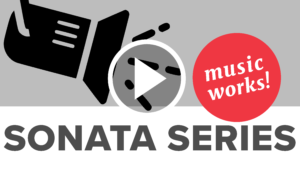Phase II Youth Salon : The Cave
This deep-dive into a topic chosen by CMW’s teen leadership group, Phase II, centers around Plato’s allegory The Cave, with conversation and an exploration of ways in which we can find ourselves looking at shadows and confusing them for the truth.
CMW’s Annual Youth Salon on Zoom!
Saturday, March 27 at 2 pm EST
Click here to join the Zoom event
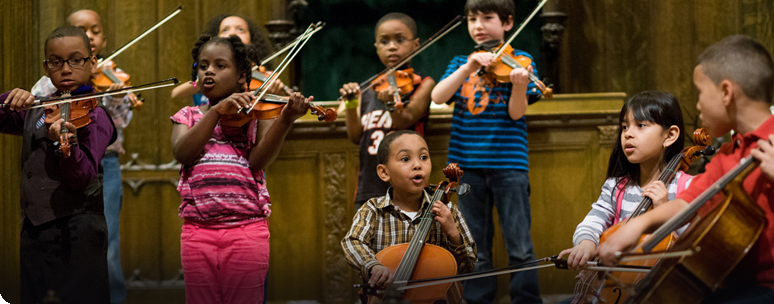
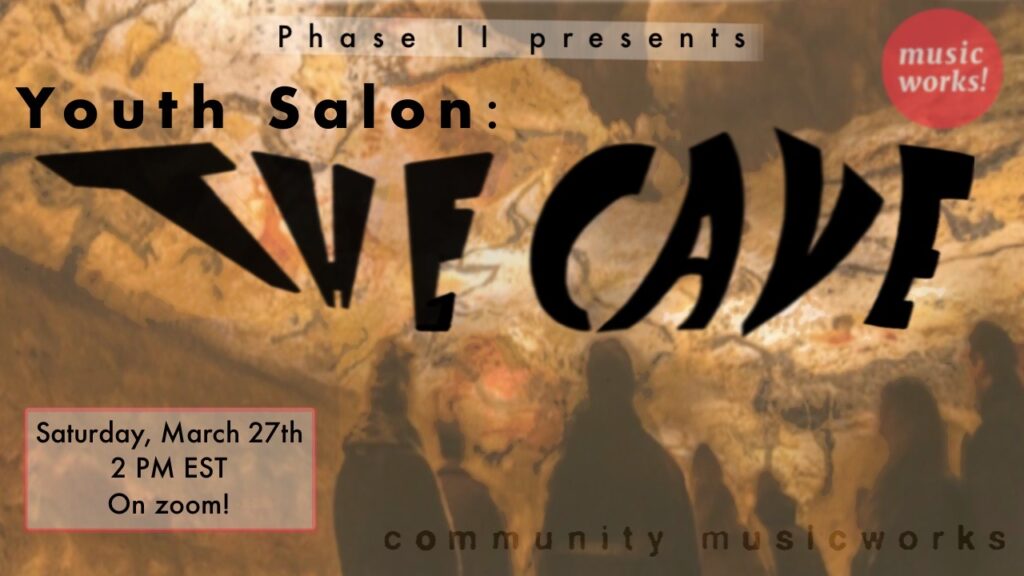
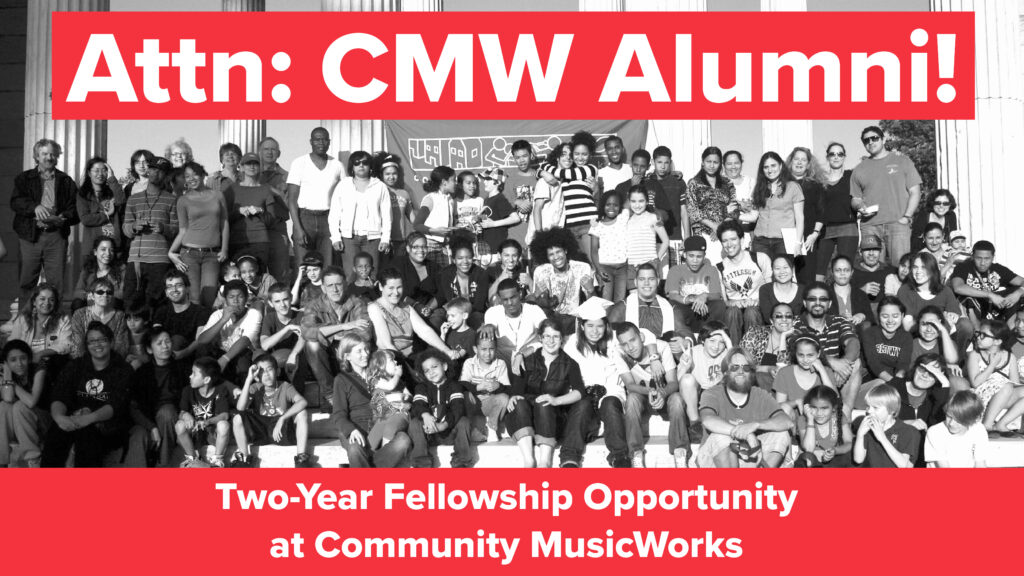
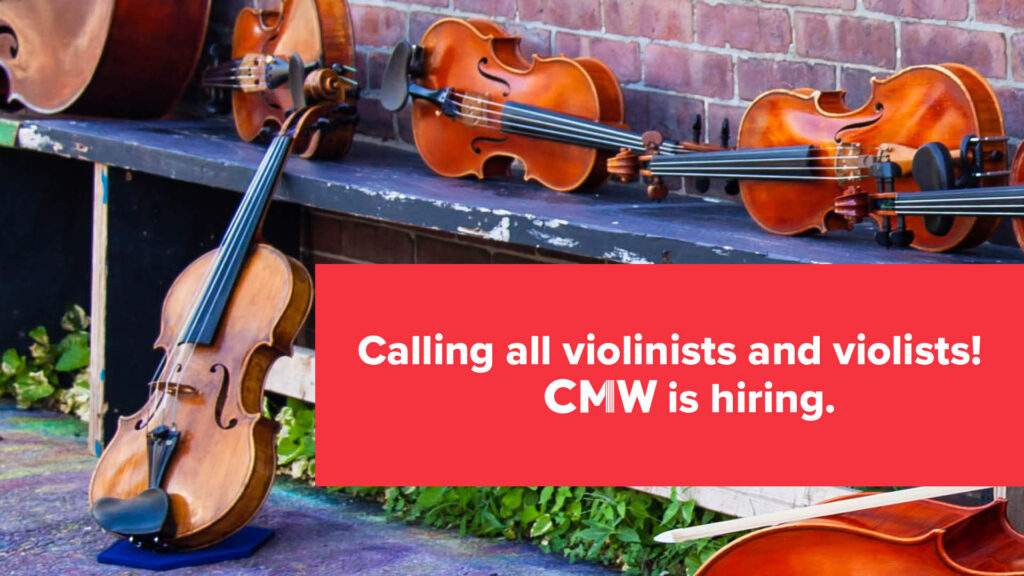
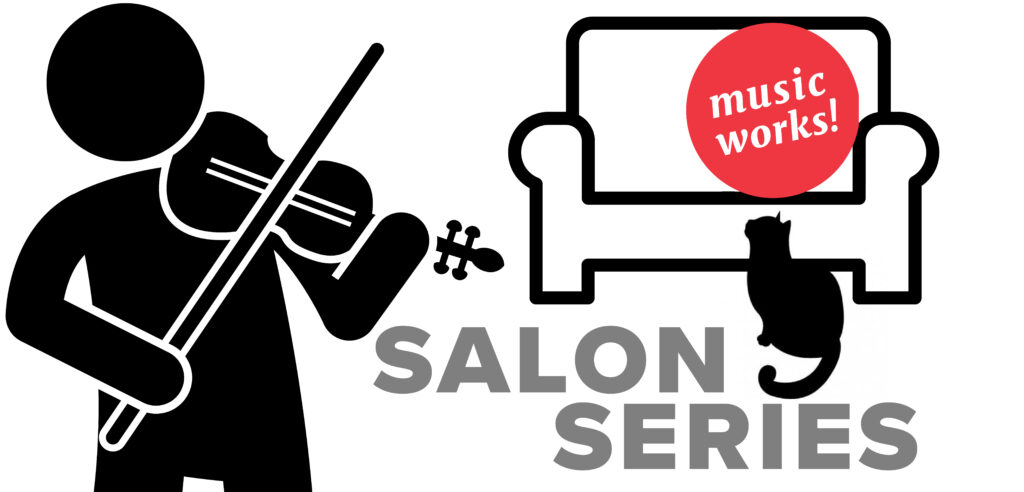 Live! From our living room to yours. Join us for a series of live virtual music-sharing events as MusicWorks Collective musicians share solo, duo, and quartet performances in an intimate house concert setting. Sessions include poetry, music, and conversation, all live-streamed to a small group of participants. We look forward to seeing you and sharing some musical gems!
Live! From our living room to yours. Join us for a series of live virtual music-sharing events as MusicWorks Collective musicians share solo, duo, and quartet performances in an intimate house concert setting. Sessions include poetry, music, and conversation, all live-streamed to a small group of participants. We look forward to seeing you and sharing some musical gems!